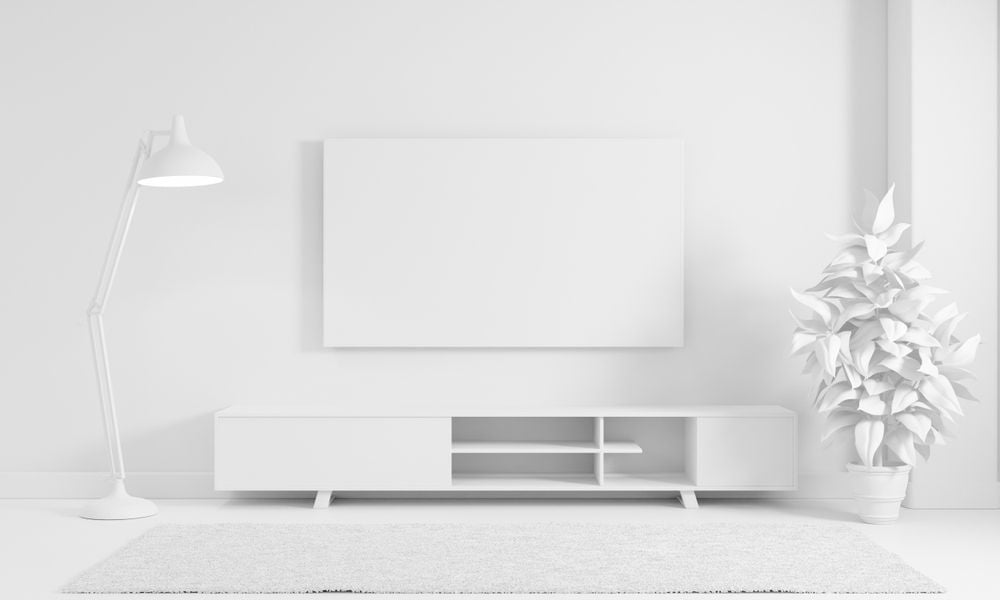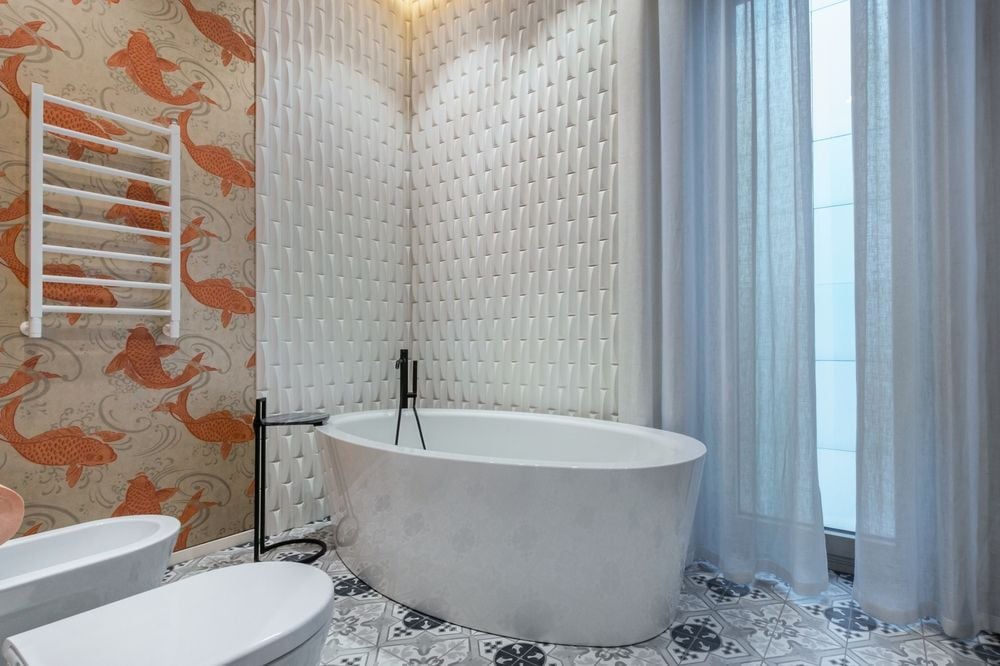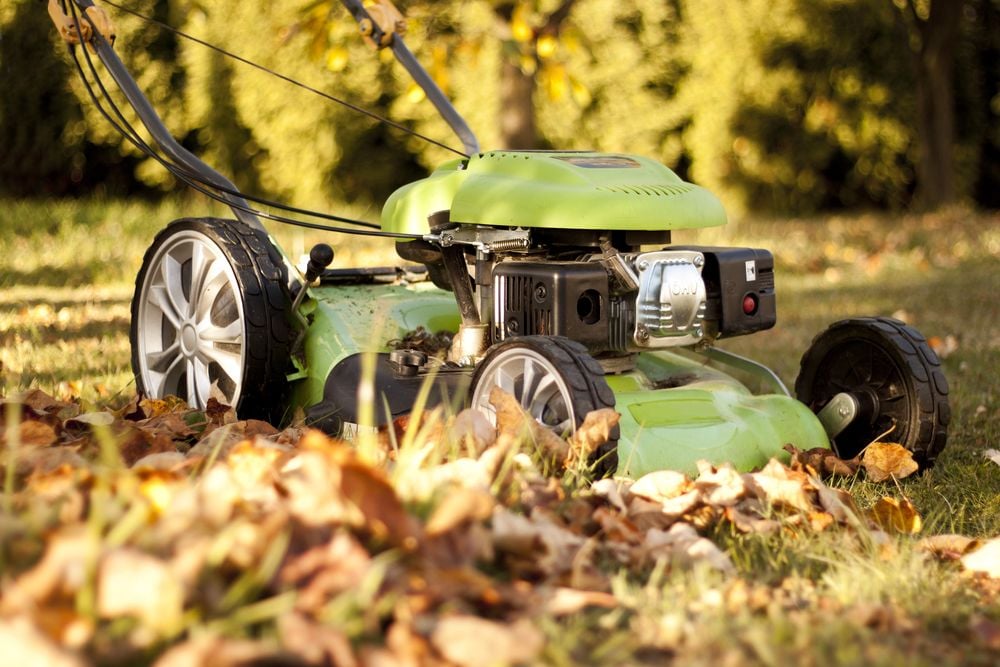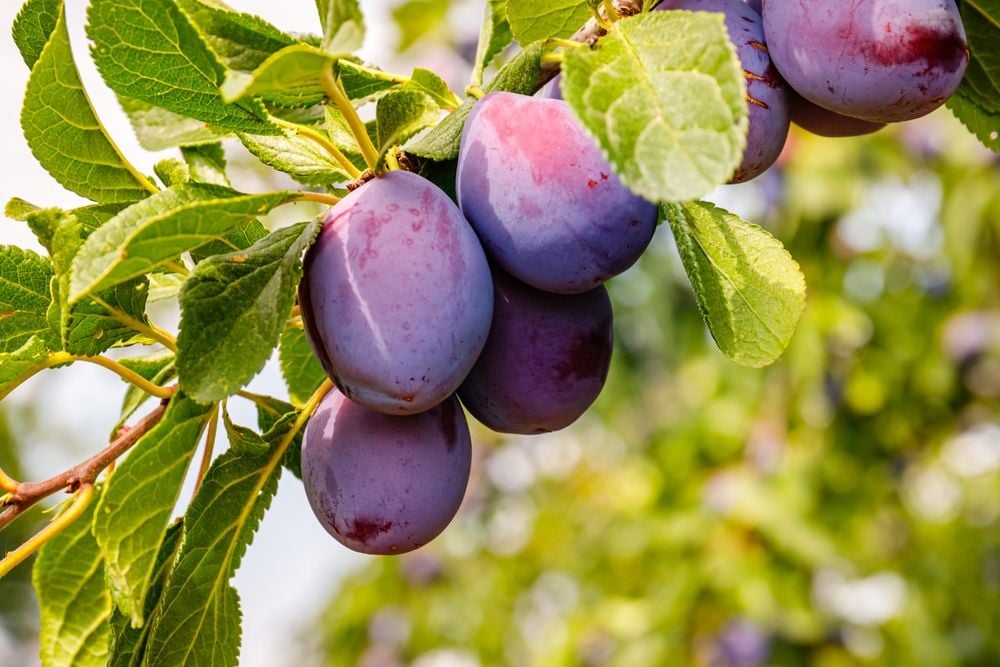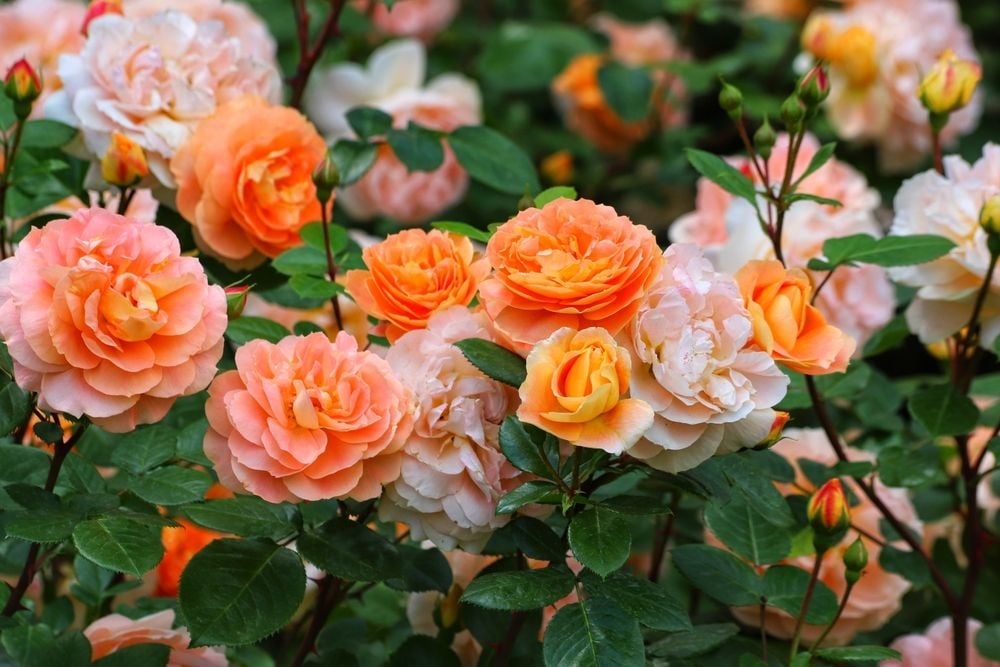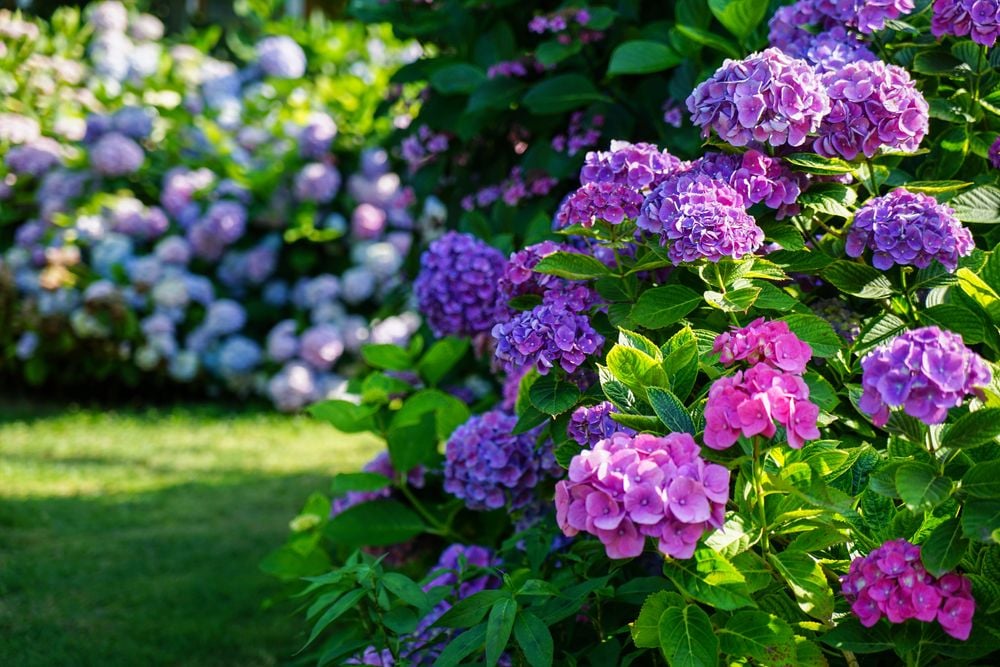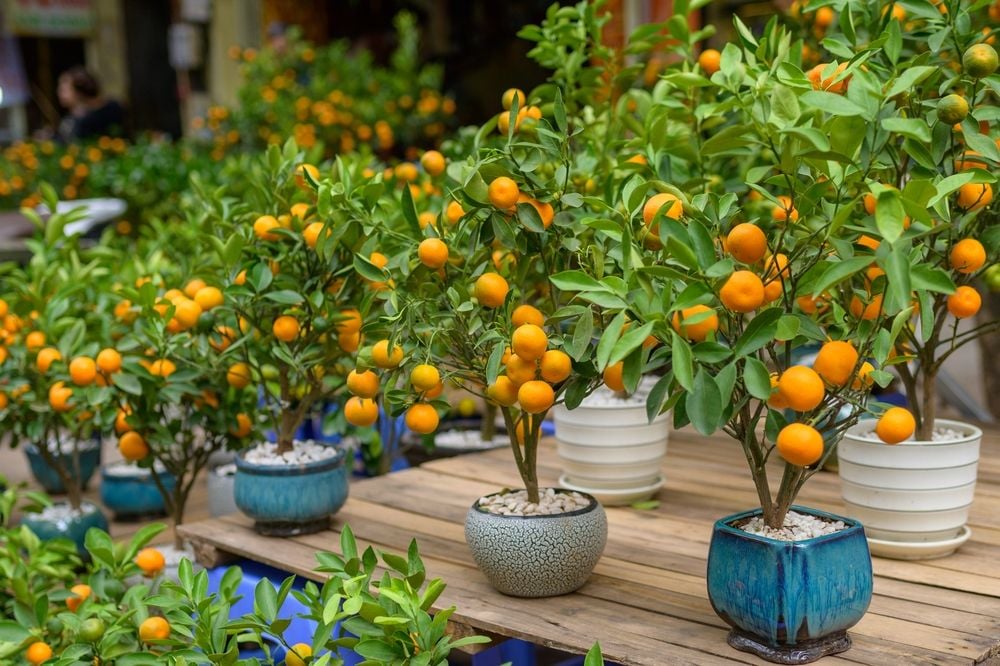
Cultivating Your Own Fruits: A Step-by-Step Guide
- Jun 25, 2025
Even without professional gardening skills, you can enjoy the sweetness of home-cultivated fruits. All that's required is knowing the correct humidity, sunlight, and water needs of your chosen produce tree. This guide - with insights from experts - will show you how to grow rapid bearing fruit trees in containers. Rest assured, there's no additional pressure involved.
Anastasia Borisevich, a plant authority from Plantum, suggests the Lisbon Lemon (Citrus limon 'Lisbon') as a top choice for indoor fruit trees. To grow this fruit tree, purchase a mildly acidic growth medium and have a steady watering schedule. It also needs plenty of sun and high humidity. Use fertilizers designed for citrus plants during the spring, summer, and fall for a surefire bountiful lemon harvest. However, Borisevich warns pet owners that citrus plants could be harmful to animals.
The Greensleeves (Malus Domestica ‘Greensleeves’), a widely enjoyed apple variant, also thrives in containers. It grows to its full 15 feet within five years, with implanted trees budding fruit as early as two years. Lotte Berendsen, an expert from PlantIn, shares that "Greensleeves is perfect for people with limited space, such as balconies or small patios." She also recommends thining the fruits during June or July for bigger and crisper apples. A better yield can be expected if a second apple tree complements the first.
Chicago Hardy (Ficus carica ‘Chicago Hardy’), one of the most resilient edible figs, is great for planting in pots, reveals Gail Pabst from the National Garden Bureau. It produces fruit on new branches every year, with the first cropping probably delayed until the plant is established. Despite being hardy, this plant must be moved indoors or in a garage during colder seasons.
Plant expert Borisevich reveals that you can cultivate an avocado (Persea americana) tree at home. Just provide ample sunlight, adequate watering, and high humidity. She advises grafting a fruit-bearing branch to speed up maturity. However, pet owners should prevent their pets from chewing this plant as it can be harmful.
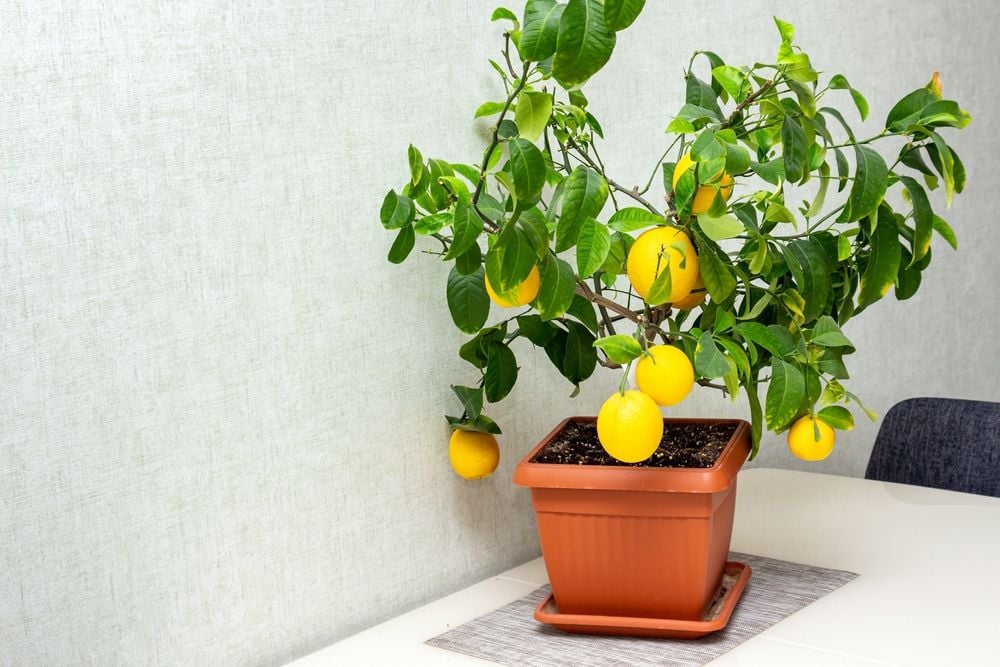
For Tammy Sons, founder and CEO at TN Nursery, the dwarf Meyer lemon (Citrus × meyeri) is optimal for container growth, providing ideal sunlight and temperature conditions are met. It needs deep pots and good soil drainage together with constant feeding with a specialized citrus or fruit tree fertilizer.
Cindy Ollig, The Perfect Petal's owner and designer, prefers the Calamondin (Citrus x citrofortunella mitis) for container cultivation. They are tart and a bit bitter, making them perfect for creating preserves.
Borisevich suggests the Arabian coffee (Coffee arabica) plant despite it being a bit hard to satisfy. It has beautiful tropical appearance and aromatic flowers that develop into red berries, roles will surely be worth your effort. Pet owners, however, should be aware of this plant's toxicity.
Berendsen suggests planting the fast-growing clementine (Citrus x clementina). It can control its size with regular pruning. The tree will need to be overwintered indoors in zones 8 and below.
Borisevich recommends the apple tree (Malus domestica) for cultivation. With over 7,500 cultivated varieties, it’s sure to have an option that fits your preference. They are highly recommended for growing in containers, adapting to various soil types. It needs consistent pest and disease treatments during both dormant and growing seasons.

